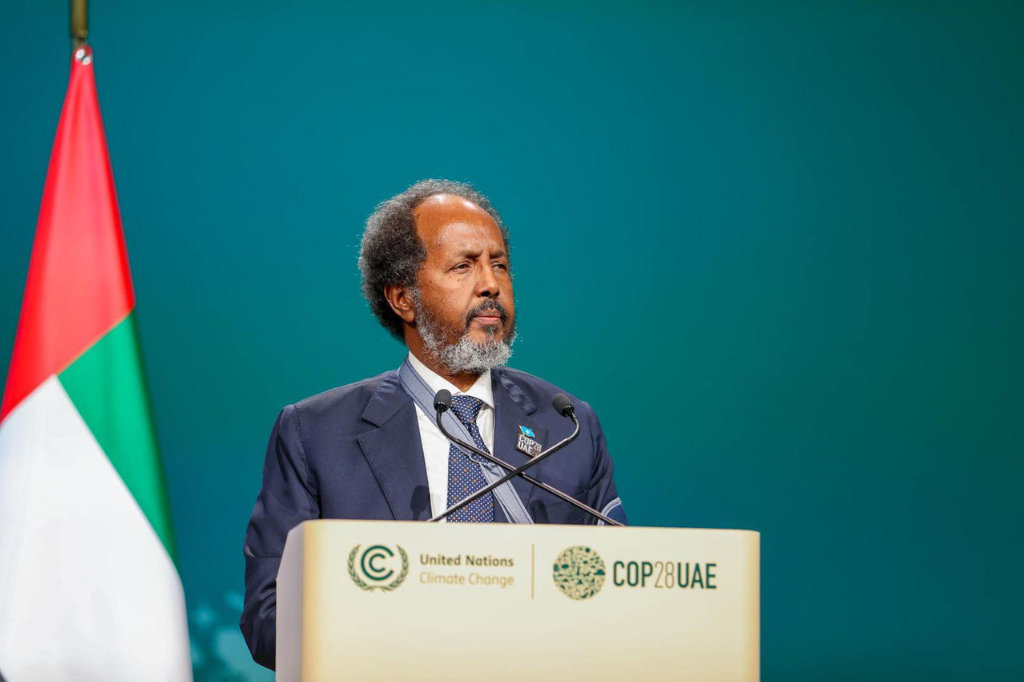
Cooperatives; The Panacea to Somalia’s Struggling Fishing Sector
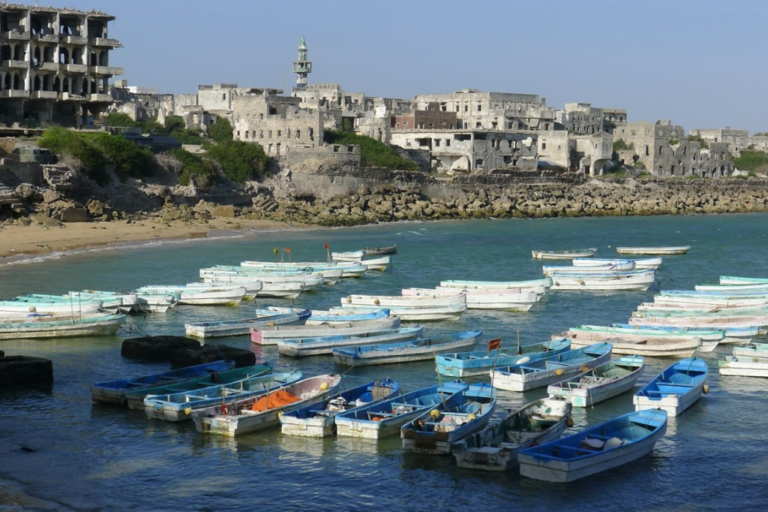
Although the fishing sector in Somalia has a huge and untapped potential, the Somali population is deprived of the protein-rich fish and the proceeds that could have emerged from its sales in international markets. This is because of two main reasons: Firstly, the Somali government has a limited capacity in gearing forward this industry, and secondly, the local small-scale fishermen don’t have the skills or equipment required to harvest substantive fish from the ocean or rivers.
This is particularly jarring as Somalia boasts the longest coastline of mainland Africa, approximately 3,300 km, with a very substantive Exclusive Economic Zone (EEZ), which is estimated to be more than 800,000 square kilometres covering one of the richest fishing grounds in the region. The Horn of Africa is endowed with diverse and rich fisheries resources, however, there is a stark contrast between the available fisheries resources and their contribution to the economic well-being of the country.
This sector remains to be underdeveloped and contributes very little to the food security and economic gross output. Despite the potential of this sector, Somalia has, over the past two decades, faced recurring famines, partly, due to perpetual droughts and food shortages.
According to research findings commissioned by One Earth Future, the fishing sector which could potentially be very lucrative only contributes $135 Million or about two percent to Somalia’s annual GDP, whereas $300 million is lost to illegal and unregulated fishing and does not end up in the country.
Although the sector has seen significant growth over the years with a beamer of hope for the past regarding fish production, its overall contribution to the national economy is still very scanty compared to the agriculture and pastoralism sectors.
With estimated potential production of over 800,000 tons per year, fishing in Somalia has the prospective to be one of the biggest and most profitable in the world, but only if it is well-developed and managed.
Cooperatives, the best way forward
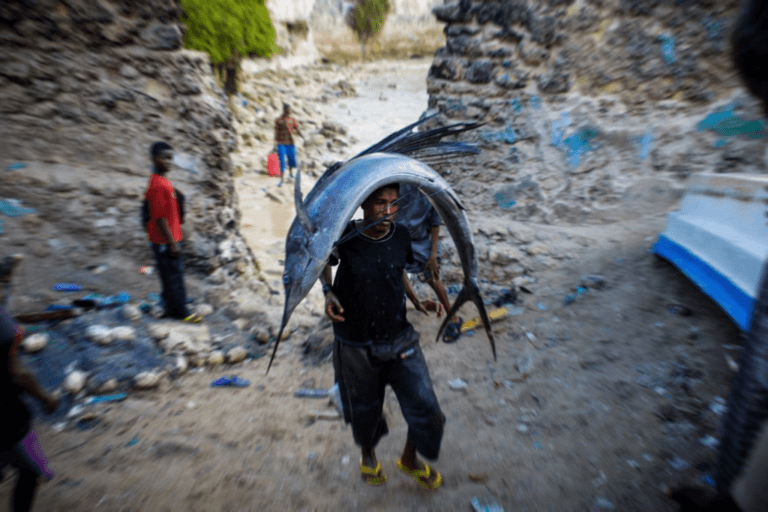
A Fishery cooperative, or fishing co-management, is a cooperative in which the stakeholders involved can pool resources to advance fishing activities. These fishing groups commonly referred to as cooperatives, normally work together to manage the members’ fishing activities to ensure compliance with their collective fishing quota, and in doing so they maintain healthy fish stocks as well as offset price fluctuations.
A review analysis underlines that fishing cooperatives across different regions in the world have positively contributed to local economic growth through an increase in fishermen’s harvest and accelerating sustainable environment and economy.
Cooperatives across the world have had essential roles in facilitating information exchanges, improving communities’ negotiating power with market intermediaries, building partnerships, networks, and linkages to other organizations, and fostering the sharing of traditional and indigenous knowledge. Through service provision and empowerment of small-scale fishers, fishery cooperatives are contributing to lifting them out of poverty and building their resilience to climate and market shifts.
The small-scale farmers along the coastline of Somalia have been characterized by poor systems and lack of infrastructure. These individual fishers are at the mercy of supply-chain middlemen and have no control over the prices they receive for their diminishing catches.
Establishing cooperatives, which is designed to contribute to local socio-economic development to help alleviate poverty, would require the support and participation of community fishers, NGOs, and businesses. The good news is, as per the Somalia Fisheries Forum, ‘co-management’ as a mechanism for fisheries management, is supported by government representatives whose support is paramount for the success of this endeavour.
The government’s role
The Ministry of Fisheries and Marine Resources is primarily mandated to create an enabling environment for the sustainable development of the coastal fishing economy and food security while protecting the coastline and the territorial waters. However, there have been small cooperatives of farmers that have sought to advance their fishing endeavours and lifelines.
To improve their incomes, fishers seek to expand their efforts, putting increased pressure on the area’s already overexploited marine resources, which include west coast rock lobster and line-caught fish species.
To shorten the value chain for fishers so that they can get greater access to markets at better prices, and to protect marine resources from overuse, new legislation granting commercial fishing rights and mandating marine management responsibilities to small-scale fishers working in newly formed cooperatives is required.
Missing links and gaps
In its 2020 annual report, the Ministry of Planning, Investment and Economic Development (MoPIED) stated that a renewed interest from investors and development partners have been fuelling interest from locals who have neglected this sector, and this is expected to keep the sector’s growth on an upward trajectory in the long term. However, several challenges could threaten the growth and impede the viability of the sector in the long run if urgent measures are not taken to address them.
These challenges include; poor infrastructure and inadequate cold storage facilities; limited access to international markets; lack of reliable data and nationwide data collection system; illegal, unreported, and unregulated (IUU) fishing and unsustainable exploitation of resources; lack of monitoring, control, and surveillance (MCS) capability; the absence of sector-oriented policies and strategies; weak institutional and legal frameworks; acute shortage of skilled workers; and limited investment (MoPIED, 2020).
One of the most serious challenges is the shortage of a skilled workforce, which affects both the fishing industry and the institutions tasked with the management, development, and conservation of fisheries resources.
Although it proposes the idea that if local management is implemented, Somali fishermen can take ownership of their resources, an exploratory research paper by Secure Fisheries titled “The Potential for Fisheries Co-management in the Somali Region” acknowledges that there is a lack of prior data collected to show how cooperatives could be important in advancing the fishing sector in Somalia. If enough communities become involved, fisheries management for the entire Somali region will improve and fishers everywhere will benefit.
- Tags: Cooperatives, Fishery, Fishing, Mogadishu, Somalia
Abdihamid Abdiaziz Mohamed
Related News




Somalia’s Single-Use Plastic Bag Ban Was Long Overdue
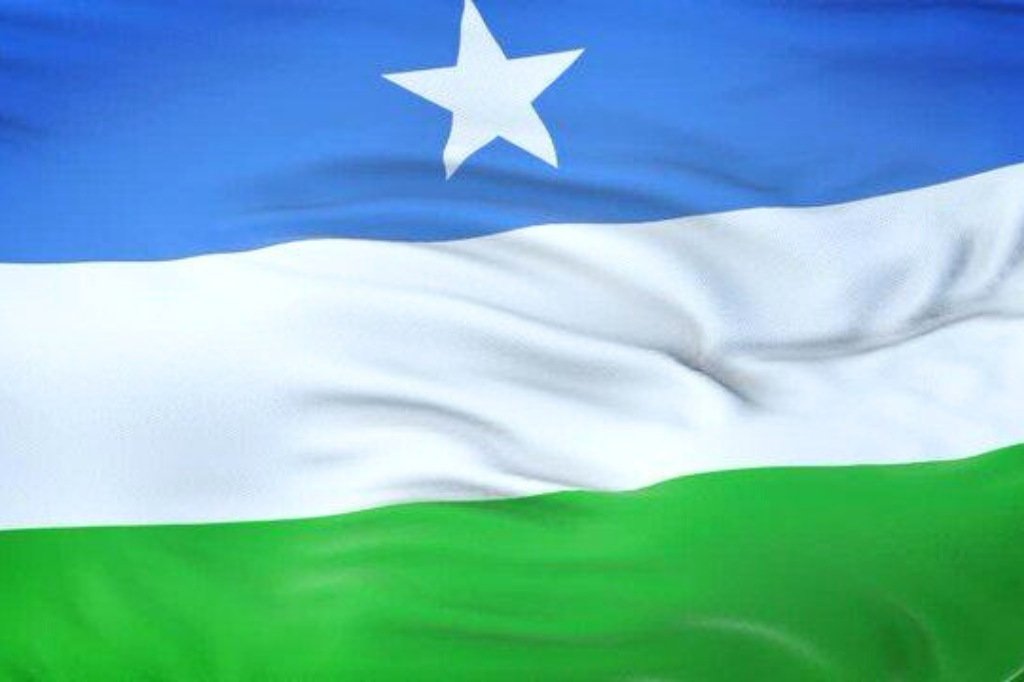
Election in Puntland: A Historical Overview

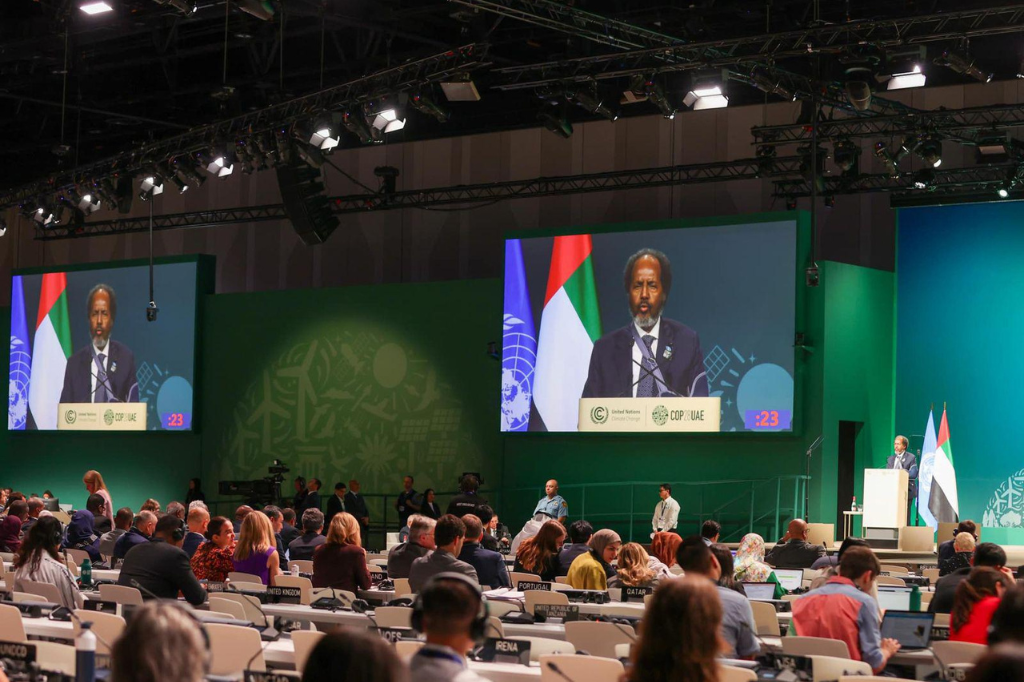
Somalia at COP28 Recap: Key Highlights and Outcomes

Breath of Fresh Air: The Force Behind Mogadishu’s Newfound Security
